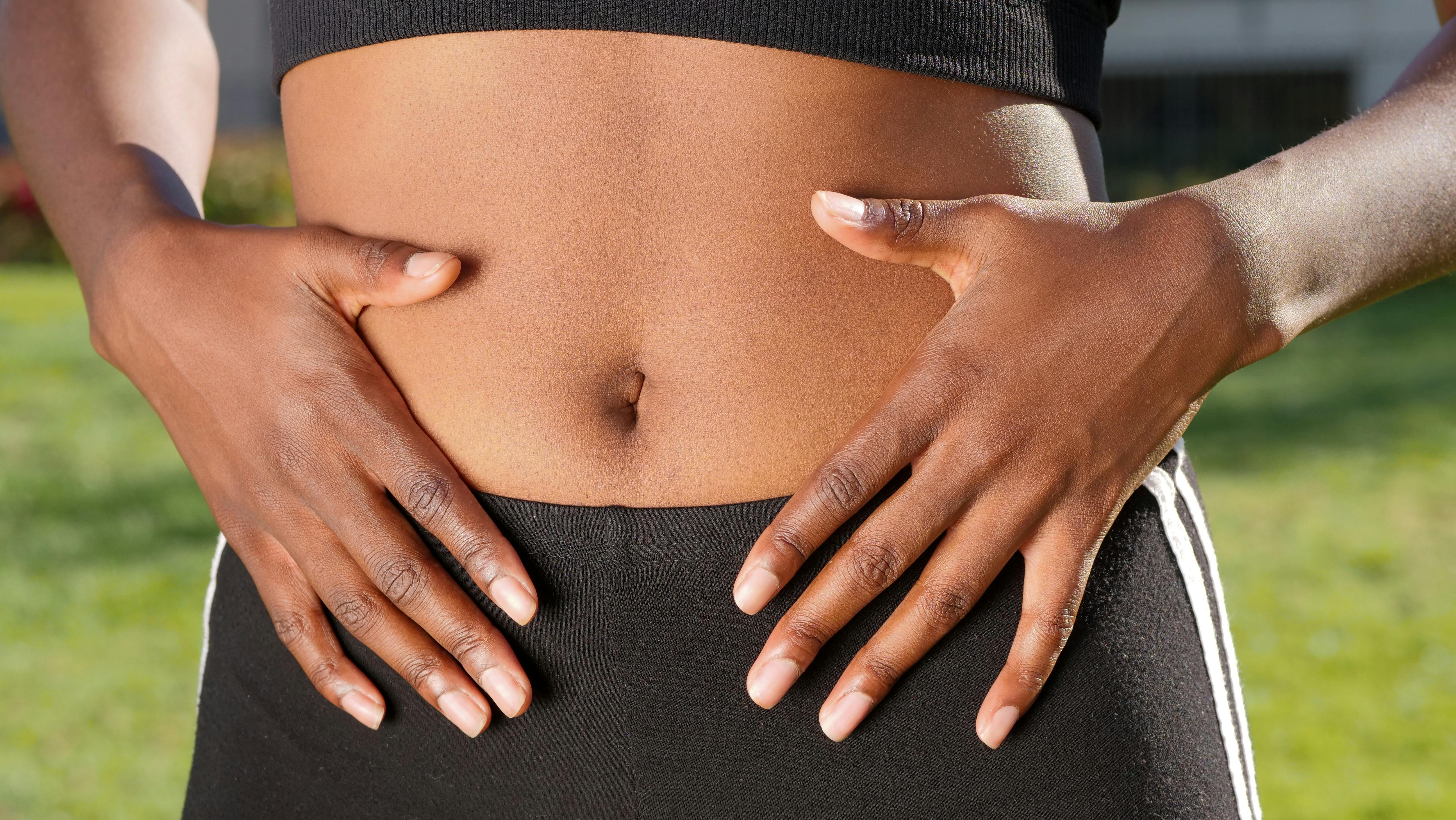When we think about essential vitamins, we often think of vitamin C for immune support or vitamin B12 for energy. One vitamin that is sometimes overlooked is vitamin D, also known as the sunshine vitamin.
Vitamin D is a fat-soluble vitamin that helps the body absorb calcium and maintain healthy bones and teeth. It also plays an important role in immune system and muscle function. Unlike other vitamins, vitamin D is not found in many foods.
Chase the Sun
Sunlight is the best source of vitamin D. When our skin is exposed to sunlight, it produces vitamin D3, which is then converted by the liver and kidneys into its active form, calcitriol.
According to the National Health and Medical Research Council (NHMRC), most Australians can produce enough vitamin D through regular sun exposure during the warmer months. The body synthesises vitamin D when skin is exposed to sunlight outdoors. However, during autumn and winter, particularly in southern parts of Australia, lower UV levels and reduced outdoor activity can make it harder to maintain adequate vitamin D levels. In these seasons, additional dietary sources or supplements may be needed to support healthy levels.
Living in areas with limited sunlight or spending most of the time indoors can also lead to vitamin D deficiency, so it’s important to ensure adequate levels through safe sun exposure, diet or supplements if necessary.
Foods Rich in Vitamin D
If we’re not getting enough vitamin D through sunlight, we can also obtain it through our diet. These include oily fish, red meat, liver, egg yolks and fortified products such as margarines and some breakfast cereals.
How Much Vitamin D Do I Need?
Children and adults, including pregnant and breastfeeding women, should aim to meet their daily vitamin D needs through a combination of safe sun exposure, diet and supplements if required. Babies up to 12 months need around 5 micrograms daily, while adults generally require 5 to 15 micrograms depending on age (Dietitians Australia – Vitamin D).
Because food sources of vitamin D are limited, Dietitians Australia advises that people at higher risk, such as those who are housebound, have darker skin, cover most of their skin, are pregnant or breastfeeding or spend little time outdoors, may benefit from a daily vitamin D supplement after consulting with their healthcare professional.
Many of BioGaia’s probiotics, including our BioGaia Protectis Baby Drops contain added vitamin D. Vitamin D helps support the normal function of the immune system and contributes to healthy growth and development of bones in both children and adults.
Food supplements should not be used to substitute for a varied diet. It is important to maintain a varied and balanced diet and a healthy lifestyle.
Always check with your healthcare professional before giving your baby or infant any vitamin D supplements.
References:
Dietitians Australia. (n.d.). Vitamin D. https://dietitiansaustralia.org.au/health-advice/vitamin-d
National Health and Medical Research Council. (n.d.). Vitamin D. Eat for Health. https://www.eatforhealth.gov.au/nutrient-reference-values/nutrients/vitamin-d




